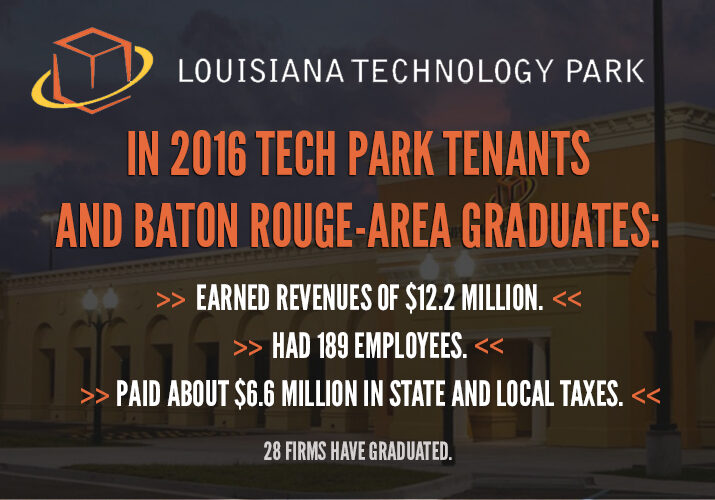Knowing the difference between a Simple Agreement for Equity (SAFE) and a Keep It Simple Security (KISS) may make the difference between getting your startup off the ground or failing to launch.
Founders should understand angel investing terminology as they seek to raise money beyond themselves, family and friends. Capital from angel investors can help early-stage companies breakthrough, but only if founders grasp now their decisions will affect future rounds of funding.
The Red Stick Angel Network asked Ted W. Jones, a partner at the Jones Walker law firm in Baton Rouge, to explain how founders can harness the power of angel investing during a recent webinar.
Why Early-Stage Companies Need Angel Investing
Angel investing exists for one reason – most early-stage companies are small or too young to access public capital markets. Startups lack tangible assets, earnings and revenue to secure conventional bank financing or credit lines. This financial situation also makes startups difficult for capital markets to value.
“These companies get their initial financing from their founders, friends, families – the three f’s – but at some point, the bootstrapping isn’t possible anymore and financing dries up. It’s tapped out,” Jones said. “So the angel community enters the picture to provide broader and greater financing.”
The growth of venture capital has led to a concurrent rise in angel investing. Fifteen years ago, venture capitalists used to fund deals between $500,000 to $4 million in size, Jones noted. Now, most venture capital firms want bigger deals, upwards of $7 million or more, leaving a gap for angel investors to fill.
The Range of Angel Investment Options
Jones breaks down angel investing into four major financing categories, each with their own unique characteristics:
Priced equity
Angel investors buy shares or units in a company. The equity purchased frequently is preferred stock, meaning it has a higher claim on assets and earnings than common stock has.
Benefit: Priced equity offers voting equity ownership with upside participation.
Cost: Usually, priced equity is the most costly and time-consuming type of angel investment.
Bottom line: Founders who seek priced equity from angel investors will require an enterprise valuation and pre-established price for offered securities.
Convertible debt
With convertible debt, angel investors receive a promissory note that can convert into a specified number of shares or cash of equal value.
Benefit: Convertible debt provides a repayment obligation that accrues interest and provides downside protection.
Cost: Convertible debt is less costly and time-consuming than priced equity.
Bottom line: Convertible debt allows the company and angel to defer valuation. The debt must be repaid if not converted to stock before maturity. It gives investors downside protection and upside participation.
Warrants
Warrants simply give angel investors the right to purchase equity in a company at a specific price before an expiration date.
Benefit: This arrangement helps angel investors lock-in additional upside for a set, lower price.
Cost: Warrants are usually tacked onto a priced equity or convertible debt investment from angel investors.
Bottom line: The exercise and payment of warrants are never mandatory, so angel investors never have to risk capital.
SAFEs & KISSes
Created by startup accelerator Y Combinator to simplify raising money, a SAFE is an agreement to buy future equity that does not accrue interest like convertible debt. The brainchild of incubator 500 Startups, a KISS allows investors to buy debt with interest rate and a maturity date or equity without interest or maturity date.
Benefit: Both SAFEs and KISSes standardize raising capital, making it easier for companies and investors to complete deals by limiting the terms that have to be negotiated.
Cost: These agreements offer a low-cost and straightforward way to raise capital quickly.
Bottom line: Neither SAFEs nor KISSes are widely used by angel investors, which limits fundraising potential for companies.
Picking the Right Option for Your Company
When it comes to angel investing, valuation has far more to do with sizing an early-stage investment in terms of the ownership percentage and price per share than determining an early-stage company’s actual market value.
“Valuation is the most negotiated aspect of early-stage equity deals and is very subjective,” Jones said.
Angel investors are betting on a company’s team and business ideas. Founders should choose the investment options that give them the best valuations at the most flexible terms in whatever form the agreements take.



